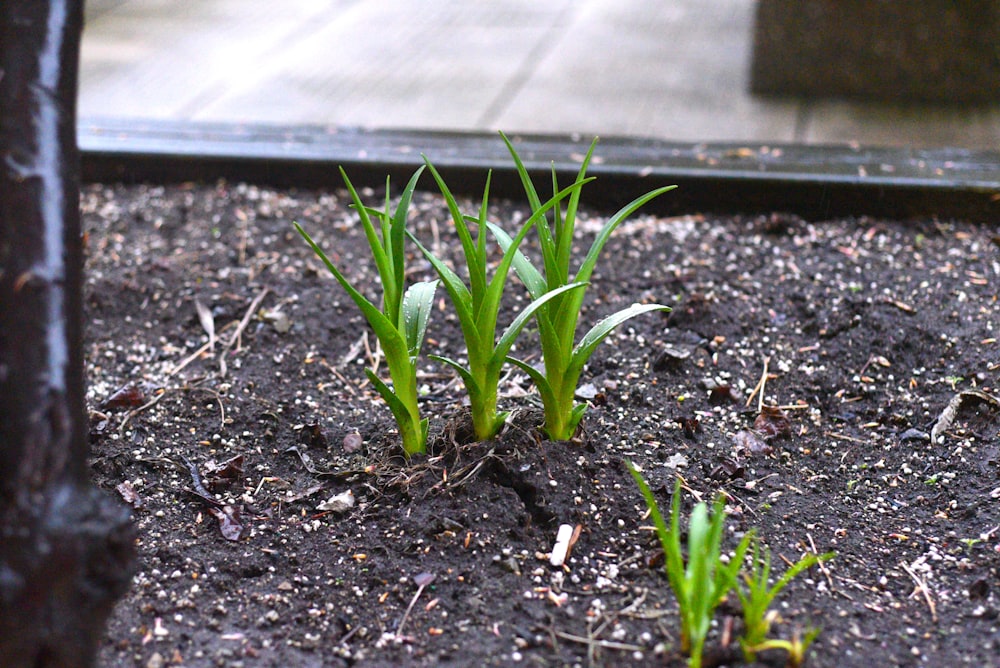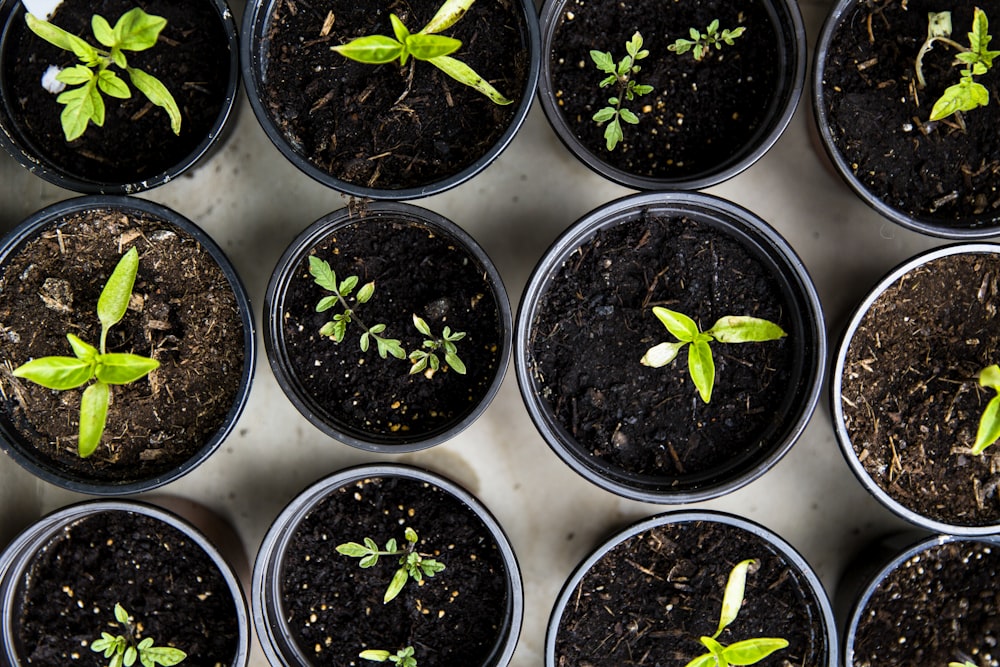plant health
Discover Premium Potting Soil for Indoor Plant Health
Unlocking the Secrets of Potting Soil for Indoor Plants
Understanding the Importance of Potting Soil
When it comes to indoor gardening, the right potting soil can make all the difference. Unlike outdoor plants, indoor plants rely solely on the soil in their pots for nutrients and support. Therefore, choosing the appropriate potting soil is crucial for the health and vitality of your indoor greenery.
The Basics of Potting Soil Composition
Potting soil is a carefully crafted mixture designed to provide optimal conditions for plant growth in containers. It typically consists of a blend of organic matter, such as compost, peat moss, or coconut coir, along with perlite or vermiculite for drainage and aeration. Some commercial potting mixes may also include added nutrients to support plant growth.
Benefits of Using Quality Potting Soil
Investing in high-quality potting soil offers several benefits for indoor plants. Firstly, it provides a well-balanced environment that promotes healthy root development and robust growth. Additionally, quality potting soil helps retain moisture without becoming waterlogged, ensuring adequate hydration for your plants while preventing root rot.
Choosing the Right Potting Soil for Your Plants
Different types of indoor plants have varying soil requirements based on their native habitats and growth habits. For example, tropical plants like philodendrons and ferns thrive in a moisture-retentive mix with good drainage, while succulents and cacti prefer a well-draining, sandy soil. Researching your plant’s specific needs will help you select the appropriate potting soil for optimal growth.
Key Factors to Consider
When selecting potting soil for your indoor plants, consider factors such as moisture retention, aeration, and nutrient content. Look for a well-balanced mix that provides good drainage while holding enough moisture to keep your plants hydrated between waterings. Additionally, opt for a soil blend that contains essential nutrients to support plant growth without the need for frequent fertilization.
Tips for Potting Indoor Plants
Proper potting technique is essential for the success of your indoor plants. When repotting or transplanting, choose a container with drainage holes to prevent waterlogging. Fill the pot with potting soil, leaving enough space to accommodate the plant’s roots. Gently firm the soil around the roots and water thoroughly to settle the soil and hydrate the plant.
Maintaining Healthy Soil
Regular maintenance is key to keeping your potting soil healthy and productive. Monitor moisture levels regularly and water your plants as needed, avoiding overwatering or allowing the soil to dry out completely. Additionally, consider supplementing your soil with organic matter or slow-release fertilizer to replenish nutrients over time.
Recognizing Signs of Soil Issues
Pay attention to signs that indicate potential soil issues, such as compacted soil, yellowing leaves, or slow growth. These could be indicators of poor drainage, nutrient deficiencies, or compacted roots. Addressing these issues promptly by adjusting your watering routine, repotting with fresh soil, or providing supplemental nutrients can help revive your indoor plants.
Experimenting with Soil Mixes
Indoor gardening is an ongoing learning experience, and experimenting with different soil mixes can be part of the fun. Don’t
Unlocking the Secrets of House and Garden Nutrition
Essential Nutrients for House and Garden Health
Understanding the Importance of Nutrients
When it comes to maintaining a healthy and vibrant house and garden, the role of nutrients cannot be overstated. Just like humans, plants require a balanced diet of essential nutrients to thrive. From promoting growth and development to enhancing resistance to pests and diseases, ensuring that your house and garden receive adequate nutrition is key to their overall health and vitality.
The Role of Nutrients in Plant Growth
Nutrients play a crucial role in every stage of the plant growth cycle, from germination to maturity. Macronutrients such as nitrogen, phosphorus, and potassium are essential for building strong roots, promoting leaf growth, and facilitating flower and fruit production. Micronutrients, including iron, manganese, and zinc, are equally important, albeit required in smaller quantities, for supporting various physiological processes within the plant.
Identifying Nutrient Deficiencies
One of the challenges of maintaining a healthy house and garden is identifying and addressing nutrient deficiencies promptly. Common signs of nutrient deficiencies in plants include yellowing or browning leaves, stunted growth, and poor flowering or fruiting. By familiarizing yourself with the symptoms of nutrient deficiencies and conducting regular inspections of your plants, you can intervene early and prevent further damage.
Choosing the Right Fertilizers
Fertilizers serve as a valuable source of nutrients for houseplants and garden plants alike. When selecting fertilizers for your plants, it’s essential to choose products that provide a balanced mix of macronutrients and micronutrients tailored to your specific needs. Consider factors such as the type of plants you’re growing, their growth stage, and the soil composition to determine the most suitable fertilizer for optimal results.
Organic vs. Synthetic Nutrients
Another consideration when it comes to nourishing your house and garden is the choice between organic and synthetic nutrients. Organic fertilizers, derived from natural sources such as compost, manure, and bone meal, offer a slow-release source of nutrients that promote soil health and microbial activity. Synthetic fertilizers, on the other hand, provide a more concentrated source of nutrients that are readily available to plants but may have long-term environmental implications.
Implementing Nutrient Management Practices
In addition to fertilization, implementing nutrient management practices is essential for maintaining optimal nutrient levels in your house and garden. This includes practices such as crop rotation, cover cropping, and mulching, which help improve soil structure, enhance nutrient retention, and minimize nutrient runoff. By adopting sustainable nutrient management practices, you can promote long-term soil health and fertility while reducing your environmental impact.
Addressing Nutrient Imbalances
While providing adequate nutrients is crucial, it’s also essential to maintain a balance between different nutrients to prevent imbalances that can affect plant health. Excessive application of certain nutrients, such as nitrogen, can lead to nutrient imbalances and environmental pollution. Regular soil testing can help you monitor nutrient levels and make informed decisions about fertilization to ensure that your house and garden receive the nutrients they need without causing harm.
Promoting Overall Plant Health
Ultimately, the goal of nourishing your house and garden


